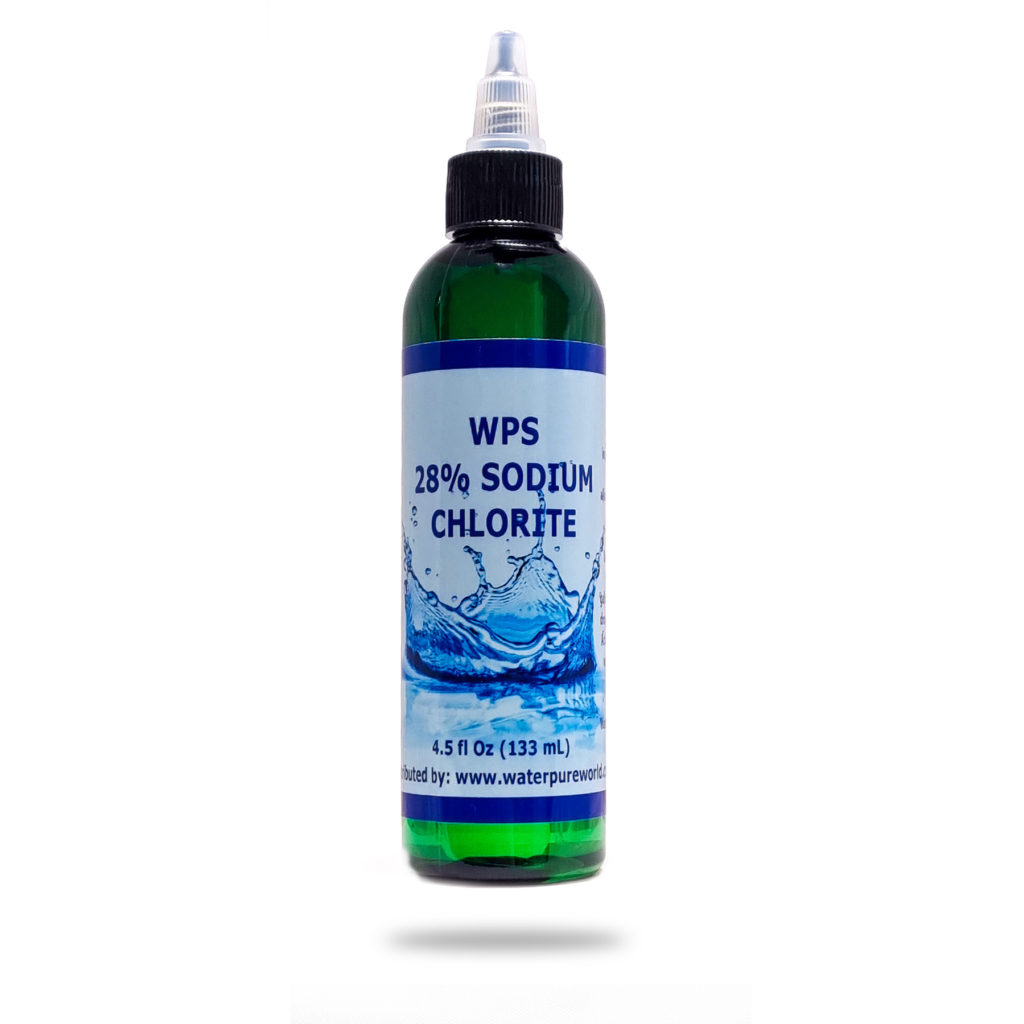Sodium chlorite (NaClO2) is a chemical compound
that plays a vital role in various industries.
From water purification to medical disinfection, its applications are diverse and impactful!
At its core, sodium chlorite (NaClO2) is a stable compound known for its oxidative properties. Its production involves a meticulous process, ensuring purity and effectiveness.

Sodium Chlorite Advantages
One of its most notable benefits of Sodium Chlorite is its effectiveness as a disinfectant, particularly in water treatment, where it excels in purifying drinking water and controlling microbial growth without leaving harmful residues.
This makes a Sodium Chlorite a safer and more eco-friendly alternative to traditional chlorine-based disinfectants.
In the medical field, sodium chlorite is valued for its ability to sterilize equipment and surfaces, contributing significantly to maintaining hygienic conditions in healthcare settings.
Sodium chlorite also stands out for its stability and ease of handling compared to other oxidizing agents, making it a preferred choice for various applications.
All these qualities, combined with ongoing advancements in its production and application, demonstrate sodium chlorite’s growing importance as an effective, efficient, and environmentally conscious chemical solution.
Water treatment
Sodium chlorite’s primary use is in water treatment, where it helps in disinfecting and purifying drinking water.
As an effective and efficient disinfectant, sodium chlorite plays a crucial role in purifying drinking water, ensuring it is free from harmful pathogens and contaminants.
Its ability to generate chlorine dioxide upon activation is particularly important, as chlorine dioxide is renowned for its potent antimicrobial properties, effectively neutralizing bacteria, viruses, and protozoa that traditional chlorination might miss.
This makes sodium chlorite an invaluable tool in preventing waterborne diseases and ensuring safe drinking water, especially in areas where access to clean water is a challenge.
Unlike some other disinfectants, sodium chlorite does not react with organic compounds in water to form harmful by-products like trihalomethanes (THMs), making it a healthier and more environmentally friendly option.
Source:National Library of Medicine
Food Safety
Sodium Chlorite is used in aqueous solutions to sanitize produce, effectively reducing the presence of harmful pathogens like E. coli, Salmonella, and Listeria.
This is particularly important for raw fruits and vegetables, which are often consumed without cooking, a process that would otherwise eliminate such microbes.
The application of sodium chlorite in produce treatment helps in minimizing the risk of foodborne illnesses, which is a growing concern in both the agriculture industry and among health-conscious consumers.
At the household level, solutions containing sodium chlorite can be used for providing an added layer of safety by reducing the surface contaminants that water alone might not remove.
Sodium Chlorite FAQs
-
Is sodium chlorite safe for use in water treatment?
Yes, when used correctly, it’s a safe and effective disinfectant. -
How does sodium chlorite compare to traditional chlorine-based disinfectants?
It’s often more effective, especially in controlling certain pathogens. -
Can sodium chlorite be used in medical applications?
Yes, it’s used in specific disinfection and therapeutic processes. -
What are the environmental impacts of sodium chlorite?
While it can affect ecosystems, proper usage and disposal
Sodium chlorite treatments are known for leaving minimal residue and not affecting the taste, appearance, or nutritional value of the produce.
This makes Sodium Chlorite an attractive option for maintaining the quality and safety of fresh fruits and vegetables, both in commercial processing and everyday home use. Its application thus represents a simple yet effective method to enhance food hygiene and promote healthier eating habits.
Before use of any of our Sodium Chlorite Product please read U.S. Food & Drug Administration information here
